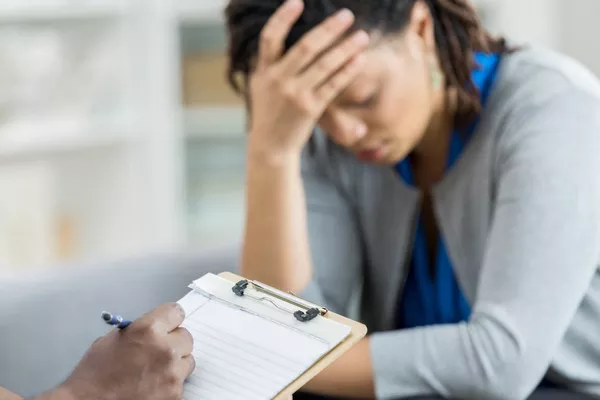A recent report sheds light on concerning disparities in access to and outcomes of NHS mental health services, specifically affecting Black, Asian, and Minority Ethnic (BAME) communities. This revelation highlights the urgent need for addressing these inequalities to ensure equitable mental health care for all.
The study, titled “Ethnic Inequalities in Improving Access to Psychological Therapies,” was commissioned by the NHS Race and Health Observatory and conducted by the National Collaborating Centre for Mental Health. It examined ten years’ worth of anonymized patient data from NHS Talking Therapies, a program initially known as Improving Access to Psychological Therapies, which was launched in 2008 to enhance patient access to NHS mental health services.
Key findings from the report include:
1. Delayed Access and Lower Participation Rates: BAME individuals faced longer waiting times for initial assessments and treatment sessions, and they were less likely to be referred for treatment despite being referred by their GPs.
2. Poorer Treatment Outcomes: Individuals from BAME backgrounds experienced worse outcomes after treatment, resulting in lower rates of recovery, with the most significant impact observed among individuals of South Asian background.
3. Prominent Ethnic Disparities: In 2021-22, only 43% of individuals from a Pakistani background were in recovery after treatment, compared to 51% of individuals from white British backgrounds.
4. Underlying Factors: The disparities identified within the program are closely tied to BAME communities living in areas characterized by higher levels of deprivation and increased unemployment rates.
The report underscores the critical need for addressing these disparities in mental health care. Dr. Habib Naqvi, the CEO of the NHS Race and Health Observatory, emphasizes the importance of recognizing the gaps in access and outcomes and working towards more inclusive and equitable service provision for all communities.
Dr. Lade Smith, President of the Royal College of Psychiatrists, acknowledges the persistent challenges faced by BAME communities in accessing mental healthcare. While there have been improvements, there remains a significant gap in access, experiences, and treatment outcomes. The report provides clear recommendations for improvement, and it is essential for decision-makers, system leaders, and practitioners to act on these findings to bridge the existing disparities.
The report suggests that leaders in mental health services should prioritize understanding the unique needs of BAME communities and allocate resources and funding accordingly.
The NHS, in response to the report, is committed to making mental health services as accessible as possible for patients. Individuals struggling with their mental health can refer themselves to NHS talking therapy services online or through their GP. The NHS has also issued guidance to local health systems to adapt therapies, ensuring better outcomes for ethnic minority communities.
While improvements are evident, individuals like Abiola Awojobi-Johnson and Satwinder Kaur stress the need for addressing cultural competency within mental health services. Awojobi-Johnson highlights that the NHS Talking Therapies model may not be equipped to address the unique sensitivities of diverse backgrounds effectively. While some progress has been made, more work is required to ensure culturally sensitive, effective, and equitable mental health care.
The findings of the report underscore the urgency of addressing disparities in mental health services and the need for a comprehensive approach to mental healthcare that ensures equal access and improved outcomes for all individuals, regardless of their ethnic background.


